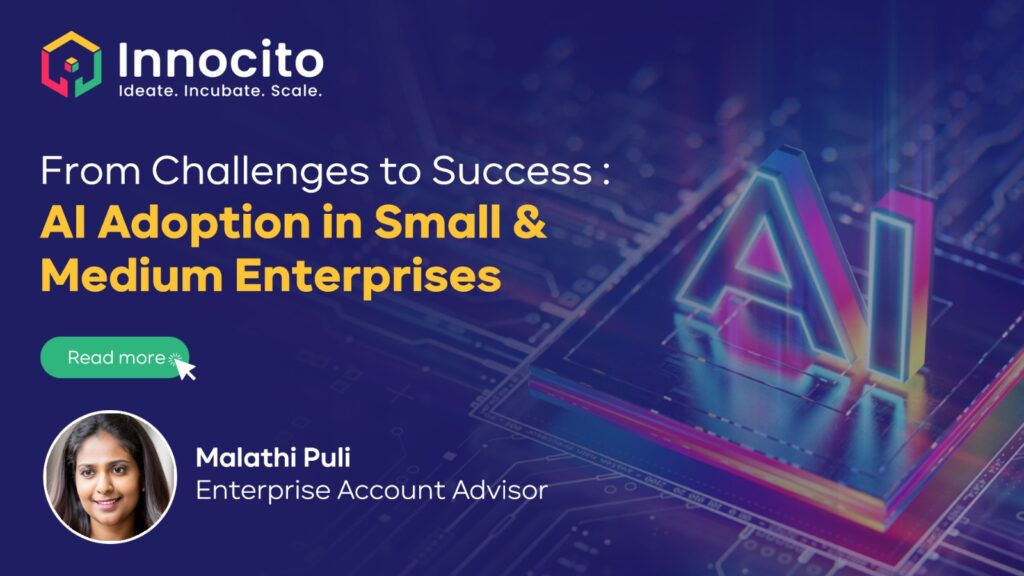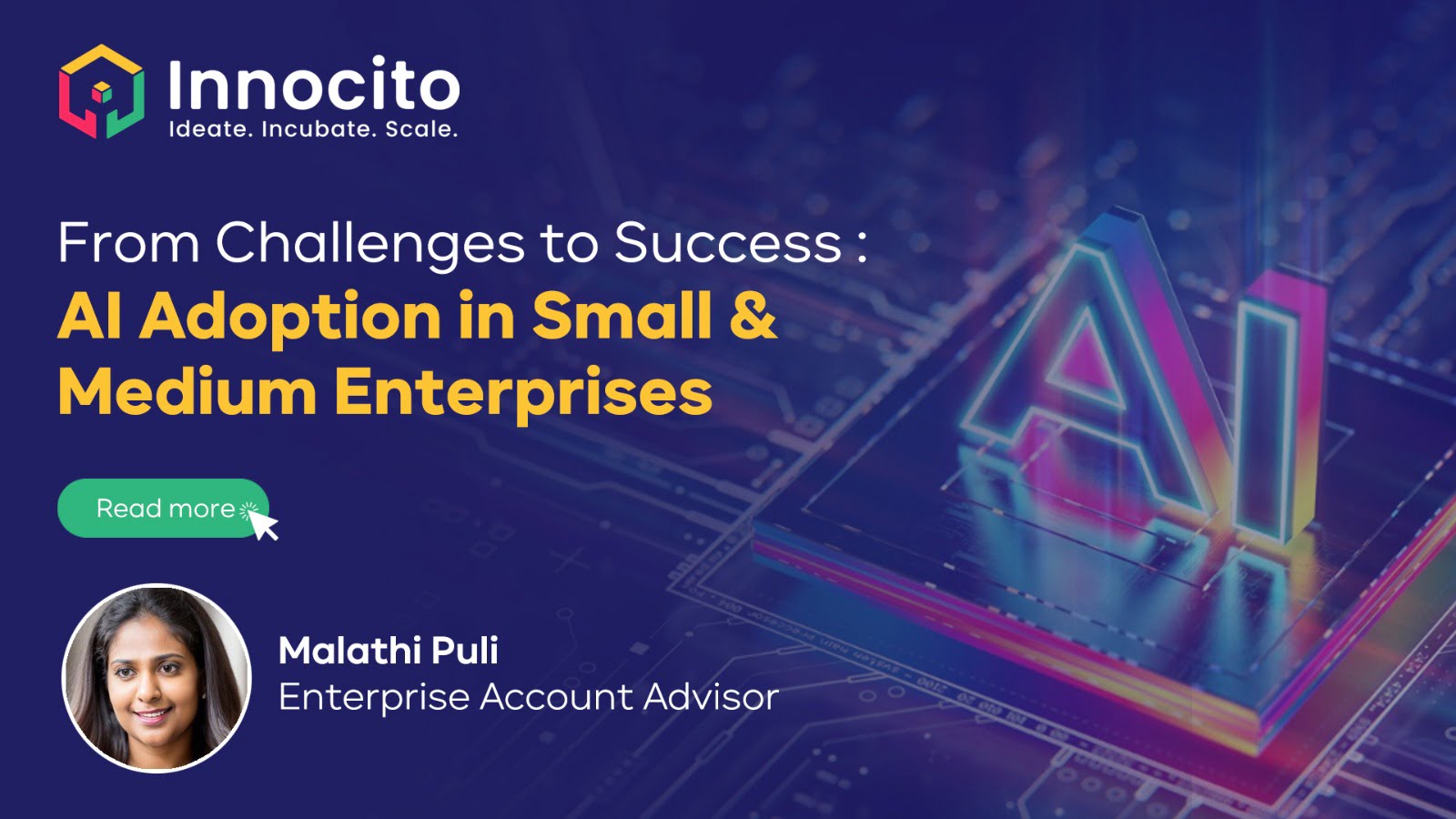In today’s rapidly evolving business landscape, integrating artificial intelligence (AI) is a crucial success factor. While large enterprises have quickly leveraged AI’s transformative power, small and medium sized businesses (SMBs) often face unique challenges in adopting and implementing AI solutions. This article explores the key obstacles SMBs encounter on their AI journey and how to overcome these challenges.
Resource Constraints:
Limited resources, including budget and skilled personnel, are primary hurdles for SMBs in adopting AI. Developing AI solutions requires significant investment in technology, infrastructure, and talent, which can be daunting for SMBs with restricted budgets and smaller teams. By leveraging cost effective, scalable AI solutions, companies can help SMBs leverage AI without breaking the bank. These solutions often include cloud-based services, such as Amazon Web Services (AWS) and Microsoft Azure, which reduce the need for expensive on-premises infrastructure. Additionally, modular AI tools like IBM Watson and Google’s TensorFlow allow SMBs to start small, implementing specific AI functionalities like natural language processing or image recognition, and expand their AI capabilities as their needs and budgets grow.
Data Accessibility and Quality:
AI models thrive on data, but SMBs often struggle with accessing and harnessing the right data for AI applications. Ensuring data quality and integrity is crucial for AI initiatives’ success. Best practices include:
- Implement Robust Data Management Practices: Establish data governance policies to ensure data quality and consistency.
- Use Data Integration Tools: Employ tools and platforms that facilitate seamless data integration from various sources.
- Regularly Clean and Validate Data: Perform regular data cleaning and validation to maintain data accuracy and reliability.
- Leverage Data Analytics Services: Utilize data analytics services to extract valuable insights and make data-driven decisions.
Integration with Existing Systems:
Integrating AI solutions with existing systems and workflows can be complex and challenging for SMBs, especially those with legacy infrastructure. Best practices for seamless integration include:
- Conduct a Thorough Assessment: Evaluate existing systems and identify integration points.
- Use Middleware Solutions: Employ middleware solutions to facilitate communication between AI systems and legacy infrastructure.
- Plan for Incremental Integration: Implement AI solutions in phases to minimize disruption and ensure smooth transitions.
- Engage Cross-Functional Teams: Involve teams from various departments to ensure comprehensive integration and address potential challenges.
Regulatory Compliance and Ethical Considerations:
Compliance with regulatory requirements and ethical considerations surrounding AI usage are critical concerns for SMBs. Best practices include:
- Stay Informed About Regulations: Keep abreast of relevant AI regulations and guidelines.
- Implement Ethical AI Practices: Establish ethical guidelines for AI usage, including transparency, fairness, and accountability.
- Conduct Regular Audits: Perform regular audits to ensure compliance with regulations and ethical standards.
- Engage Legal and Ethical Experts: Consult with legal and ethical experts to navigate complex regulatory landscapes and ensure responsible AI practices.
Lack of Expertise:
Many SMBs lack the in-house expertise to develop and deploy AI solutions effectively. To develop AI competency, SMBs can:
- Invest in Training and Education: Encourage employees to participate in AI training programs and courses offered by institutions like Coursera, Udacity, and edX.
- Hire AI Specialists: Consider hiring AI experts or consultants who can bring specialized knowledge and experience to the team.
- Collaborate with Universities and Research Institutions: Partner with academic institutions to access cutting-edge AI research and potential talent.
- Leverage AI Platforms and Tools: Utilize user-friendly AI platforms like Microsoft Azure Machine Learning, Google Cloud AI, and Amazon SageMaker.
- Create a Cross-Functional AI Team: Form a dedicated team comprising members from different departments to work on AI projects.
- Participate in AI Communities and Conferences: Engage with AI communities, attend conferences, and join online forums to stay updated with the latest trends and best practices.
In conclusion, while the journey to AI adoption may pose several challenges for SMBs, it also presents immense opportunities for innovation, growth, and competitive advantage. By following best practices and leveraging available resources, SMBs can overcome these challenges and harness AI’s full potential to drive success and prosperity. With tailored AI solutions, expert guidance, and a commitment to client success, SMBs can thrive in the AI-driven economy of tomorrow.






